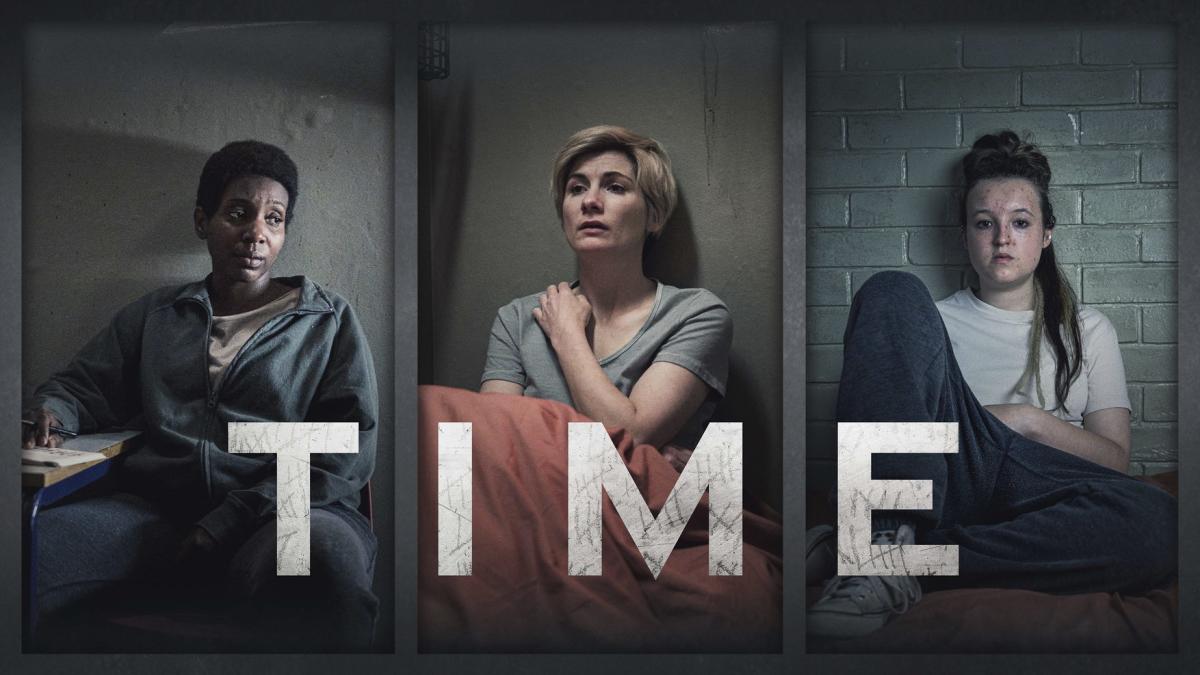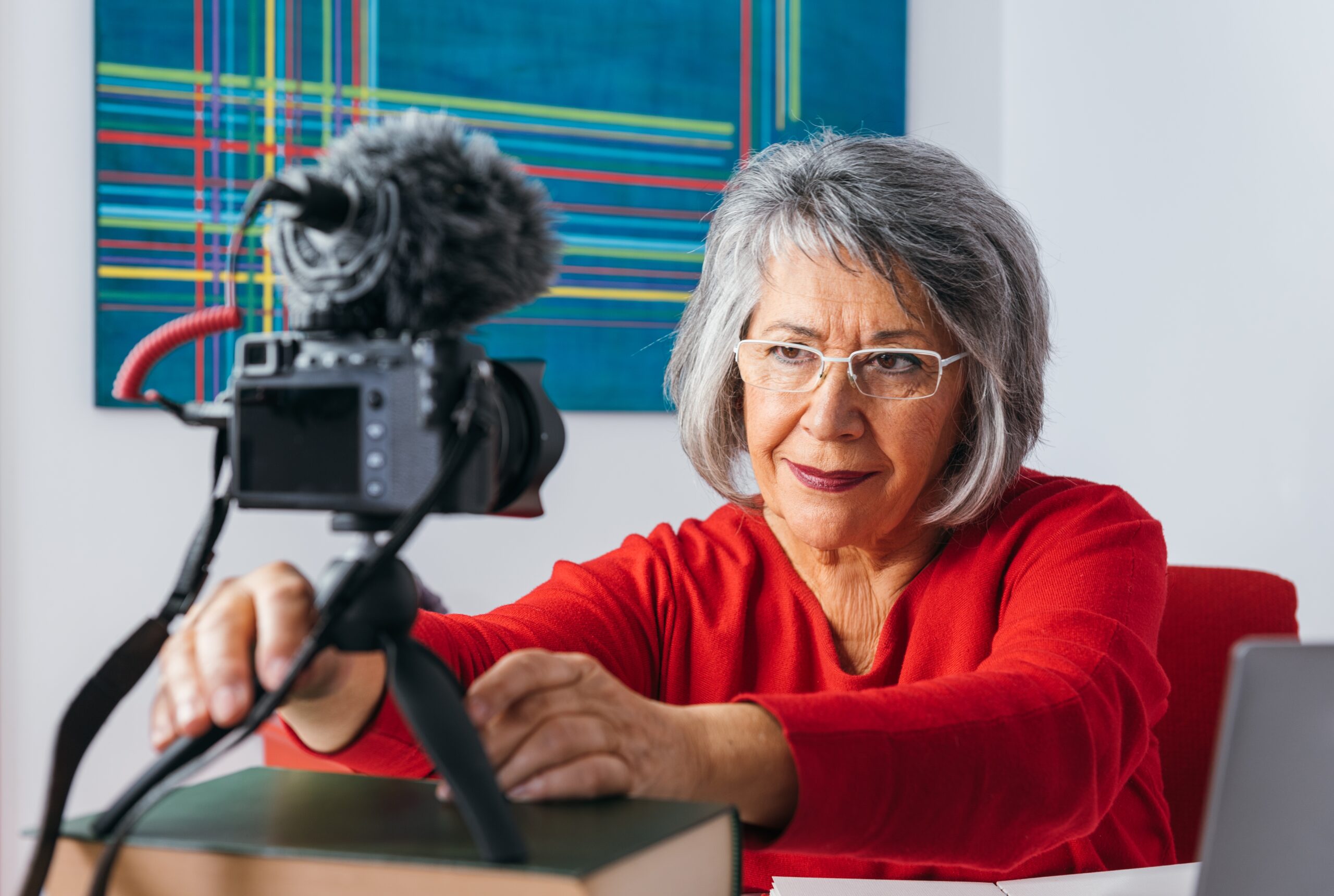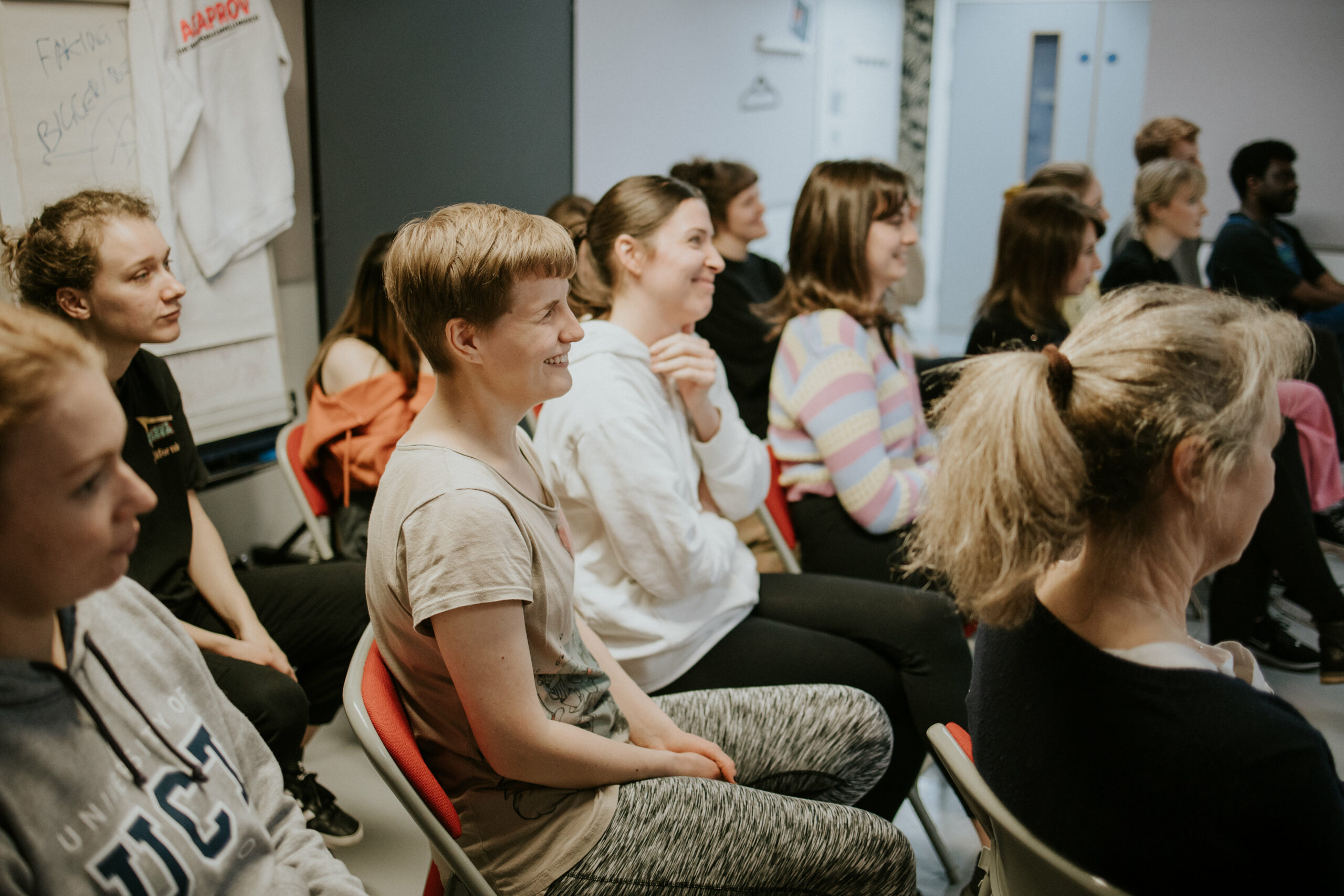How embracing his inner writer helped Kieran Knowles overcome his lack of representation as an actor…
…with a group of friends, and fellow graduates we started to toss about the idea of writing a play where we could each play a dynamic human, with backstories and hopes, dreams, wishes and objectives, just as we’d trained to do. Not as a showcase, but as a credit, a chance to prove to ourselves that we could do something if we just went for it.

I never set out to be a writer.
It’s a term I still struggle with. I stole one of my Dad’s jumpers a few years ago and it has brown suede patches on the elbows – I’m wearing it at the minute, making me feel a little more legit.
I was an actor who wanted to be cast in parts I knew I could perform, rather than grovelling for three lines, which seemed like the only way left into the industry as a newly graduated, unrepresented, not remarkably good looking, unmusical, chubby and fairly run of the mill white male.
Of course, all those categorisations were ones I placed on myself, because I had reached the optimum level of self-deprecating, self-analysis. ‘Know your casting’ is a phrase that still echoes through my head, and which I have come to think means ‘put limits on your expectations… until you’re famous’.
I got an agent a year after graduating from LAMDA, Amy O’Neill at Jonathan Arun, and she’s brilliant. But I did spend a year without an agent, setting up my own review website, contacting friends who were making things, working for free, getting to every press night of every show I knew anyone in. I realised that the proactivity I’d learnt in those first 12 months as an ‘actor’ and the relentlessness I needed to keep making work were going to do as much for me as pressuring my agent for an audition.
And so, with a group of friends and fellow graduates, we started to toss about the idea of writing a play where we could each play a dynamic human, with backstories and hopes, dreams, wishes and objectives, just as we’d trained to do. Not as a showcase, but as a credit, a chance to prove to ourselves that we could do something if we just went for it.
And we did. And the product was a play called Operation Crucible and its journey has been immense. We performed in the new writing slot at the Finborough and then went on a very modest tour, we came back in the main slot at the Finborough then we transferred to the Sheffield Crucible, toured with House Touring Network and we’re taking the show to New York in May this year. I’m currently adapting it for BBC Radio 4 as well.
The play owes us nothing and we owe it everything. It was an example of how to take part in the industry without letting it define what you are and what you can do. Every time a whisper of ‘opportunities’ or ‘wanky’ jargon came into the room, we cut it out and moved on. The play was the thing, and it served us brilliantly.
We did what most people do when you produce a decent show: form a company, keep doing it. But it’s hard. It’s really hard to bottle the spirit, passion and innocence of that first attempt and do it again, but we’ve tried, and we got close with 31 Hours, our second show at the Bunker. I finally think we’ve captured it again, in a play that opened last week and runs at the Pleasance Theatre until 18th March. It’s called Comet and it’s a project we have been working on since last February.
I struggle to own the term ‘writer’, just as I struggle to say I’m an actor without feeling a little self-aware. But that might just be the ongoing effect of having a year where I wasn’t either, I wasn’t anything in the industry I’d spent 6 years training to join. It wasn’t until I stopped trying to join it in the conventional way, that both labels became available and didn’t feel like something I would never be able to wear.
We sent out a casting call for any recent graduates of UK-based drama schools who left without representation, and we offered everyone who applied an audition with comprehensive and personalised feedback. We wrote the play for the five we thought were the best. The cast have been brilliant – were made brilliant by their training and their dedication; they just stumbled when it came to getting representation. Stumbled over an imposed target that most drama schools lay out for their students at the end of their training. They didn’t tick the right box, or have the right showcase, or fall into the right category for the people that saw them on the right day, in the right mood, in the right place. And because of that they now start with a stigma, in a big pool of actors who find it very hard to get the opportunity to showcase themselves because they don’t have an organisation endorsing them.
We’ve had a go. We haven’t been perfect, we’re learning our way, we didn’t get Arts Council support, but ALRA gave us free space, The Library at Deptford Lounge allowed us to rehearse free of charge, the Pleasance have been sublime, the Carne Trust are genuinely one of the most proactive and exciting supporters of new artists, a private backer helped, and about 50 friends contributed to a crowd funding campaign. It feels like we’re trying, that we’re doing something again that people aren’t really doing, and that is exciting.
I struggle to own the term ‘writer’, just as I struggle to say I’m an actor without feeling a little self-aware. But that might just be the ongoing effect of having a year where I wasn’t either, I wasn’t anything in the industry I’d spent 6 years training to join. It wasn’t until I stopped trying to join it in the conventional way, that both labels became available and didn’t feel like something I would never be able to wear.
Thank you to Kieran Knowles for this post!












